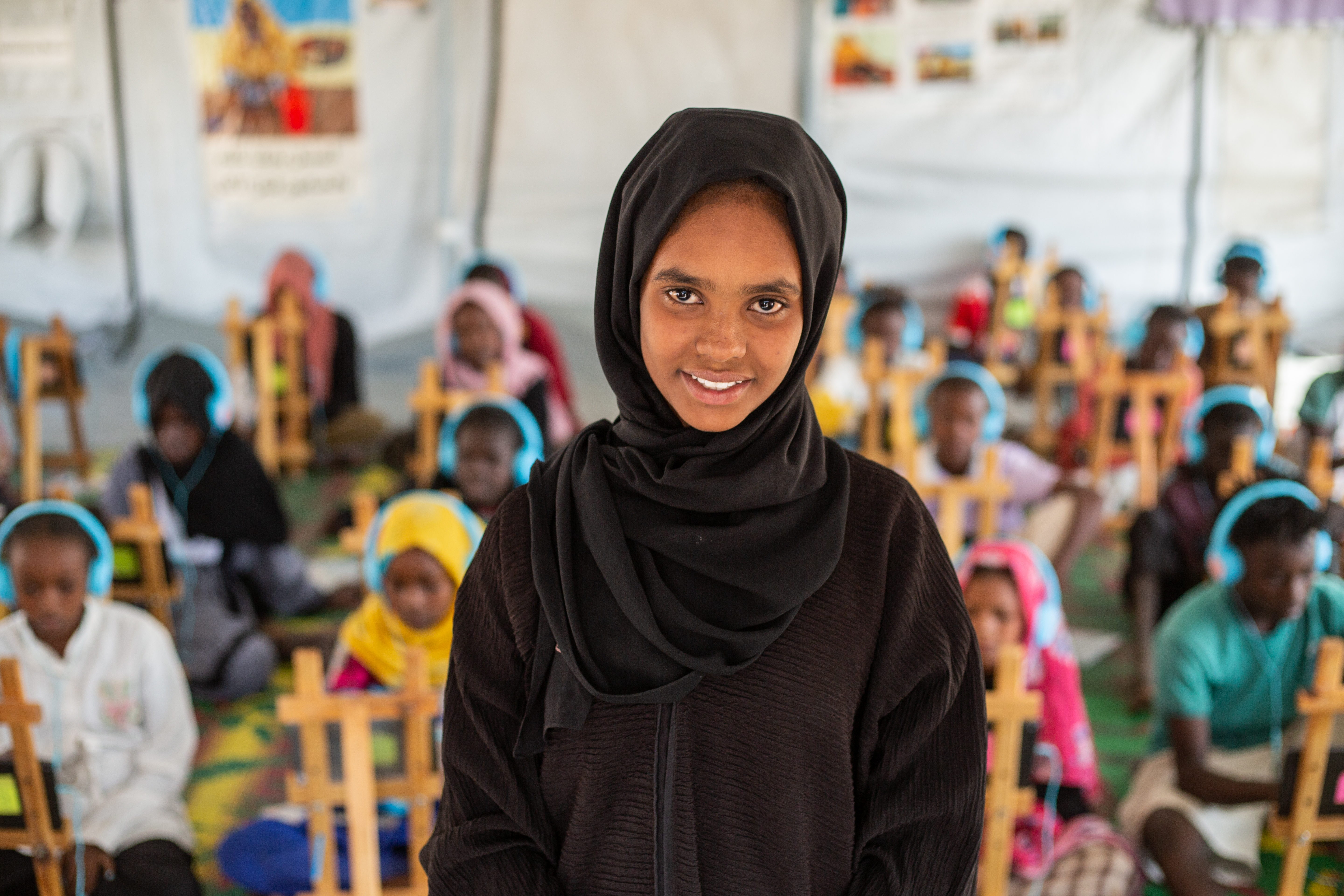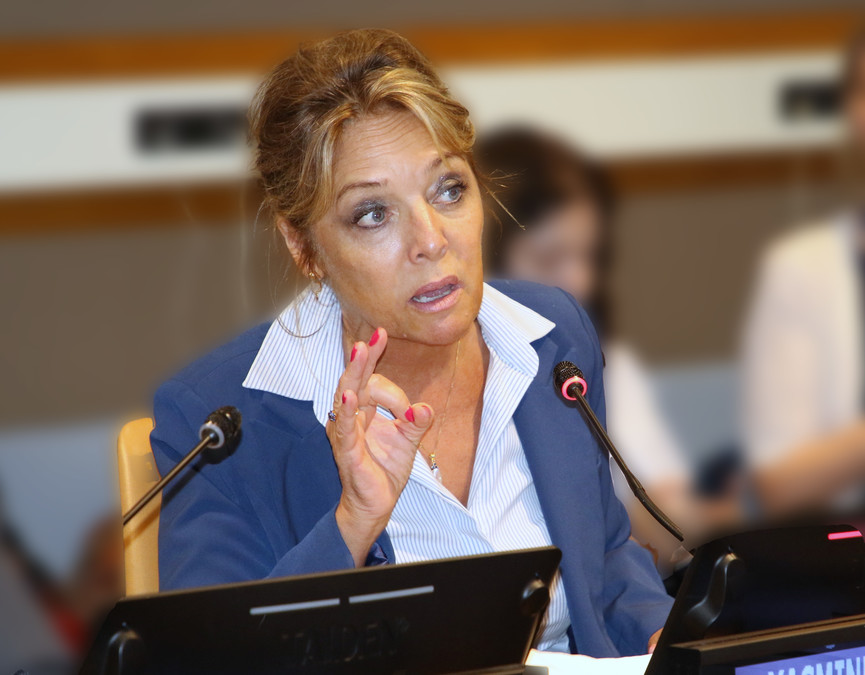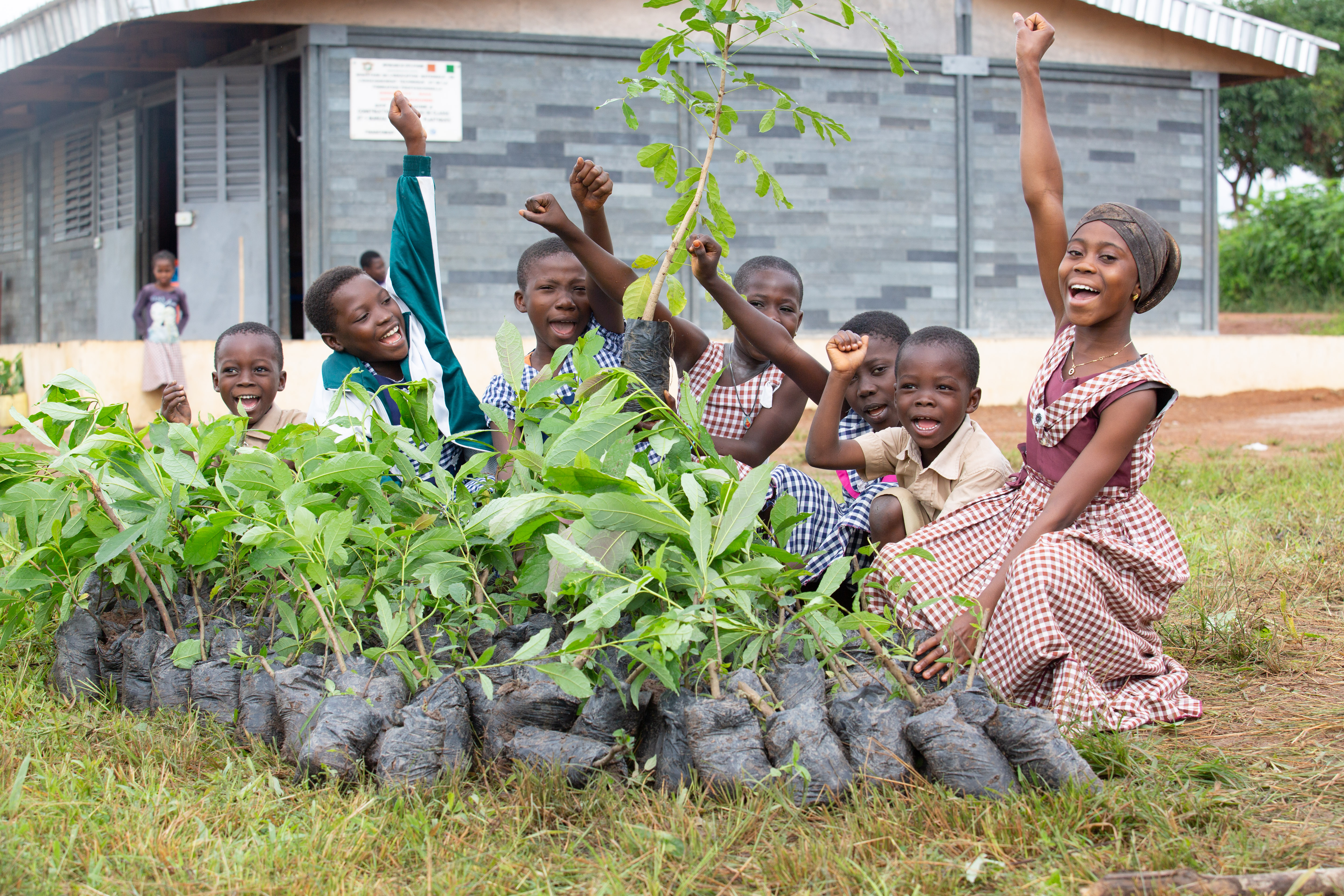U.S. Leadership is Essential in Delivering on our Promise of Universal Education

View original via Modern Diplomacy
By investing in the education of the world’s most vulnerable children, we are investing in stability, peace and economic prosperity across the globe.
By Yasmine Sherif and Joan Rosenhauer*
We are experiencing an unprecedented global education crisis. In all, 222 million children are caught in the crosshairs, their education – and their futures – pushed aside by the brutal impacts of conflict, forced displacement, climate change and other protracted crises.
Without the safety, opportunity and protection that a holistic quality education provides, these girls and boys will fall through the cracks. Girls will continue to be forced into child marriage and abused, boys will be recruited as child soldiers, and massive portions of our human family will be displaced from their homes.
This will wreak havoc on our global efforts to end hunger and poverty and build a more peaceful world as outlined in the 2030 Agenda for Sustainable Development.
The United States has the opportunity to stand up for the 222 million children and youth that need our support by investing in their education.
It’s the single best investment the U.S. could make in solidifying its position as a global leader. It’s the single best investment in spreading the seeds of peace, democracy, and sustainable development the world over. And it’s the single best investment in delivering on the United States’ foreign policy priorities as outlined in the Department of State and USAID Joint Strategic Plan.
Among its key goals, this plan calls for renewed U.S. leadership and the mobilization of multi-lateral coalitions to promote global prosperity and shape an international environment in which the U.S. can thrive. It calls for the promotion of democratic institutions, universal values and human dignity.
What better tool than an education to achieve these goals?
Think about our world today. A war in Ukraine is creating economic, energy, and food crises across Europe, Asia and much of Africa – and having a sizeable impact on the American way of life.
Massive displacements triggered by war, hunger, climate change, and other factors are creating renewed instability in South America, the Middle East, Africa, Asia and even in Europe and the United States.
Danger isn’t just a world away. As we’ve seen from the senseless violence in Haiti, Venezuela and across much of Central America, danger is at our door.
The Venezuela regional crisis alone – marked by violence, food insecurity and a lack of essential services such as education – has created 7.1 million new refugees and migrants. This is now the largest displacement crisis in the world today.
Climate change also poses substantial risks to the world order. In all, 9.8 million people were displaced by natural disasters in 2020. This number is expected to rise to 140 million people across South Asia, sub-Saharan Africa and Latin America by 2050.
When the UN’s global fund for education in emergencies Education Cannot Wait (ECW) was formed in 2016, there were an estimated 75 million crisis-impacted children in need of educational support. That number has tripled today.
This is bad for the world, and it’s bad for the people of the United States. But there is a light on the horizon.
US leadership – built through close partnerships among USAID, the State Department, Congress and other key champions – could be a driving force in catalyzing the transformational change we need to address these intersecting crises through the power of education.
Think about the potential return on investment. For each dollar invested in education, more than US$5 is returned in additional gross earnings in low-income countries and US$2.50 in lower middle-income countries.
The World Bank estimates that if every girl worldwide were to receive 12 years of quality schooling – whether there’s a crisis or not – the human capital wealth represented by their lifetime earnings could increase by $15 trillion to $30 trillion.
Through the Global Campaign for Education-US, leading civil society organizations, including Jesuit Refugee Service/USA, the International Rescue Committee, Global Citizen, Save the Children, World Vision, and many others, have united in an effort to ensure the U.S. commits US$158 million over the next four years to support ECW in achieving its goals to reach 20 million children with the safety and power of an education.
By demonstrating continued, multi-year support for ECW and its wide range of strategic partners, the U.S. will remain a leader in global efforts to deliver on the Sustainable Development Goals, address the climate crisis, protect the interests of the American people both at home and abroad, and build a more peaceful and prosperous future.
Education isn’t just a human right, education for all is a moral imperative. This February, world leaders will convene in Geneva for the Education Cannot Wait High-Level Financing Conference. The United States must take this opportunity to stand up for justice, stand up for humanity, and stand up for the inherent right to an education of every child on planet earth.
*Joan Rosenhauer is the Executive Director of Jesuit Refugee Service/USA.
Tweets
Additional Statements and Updates




